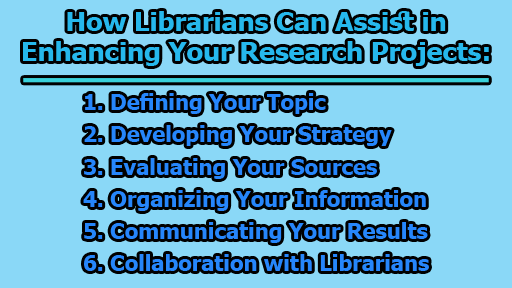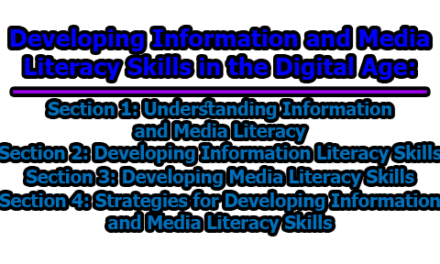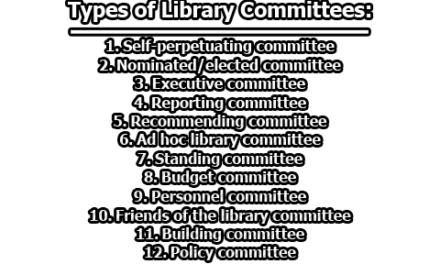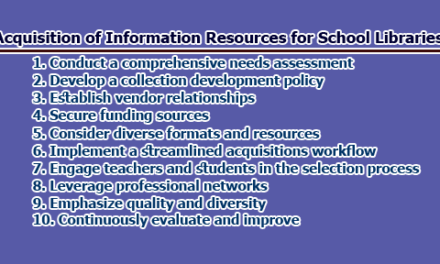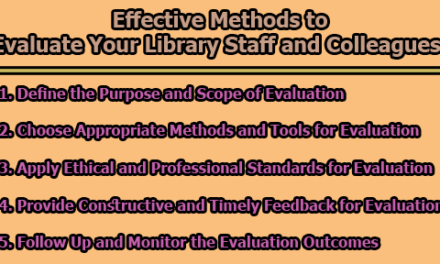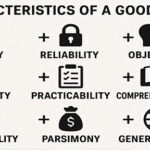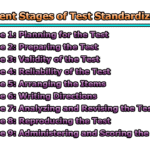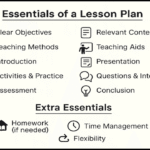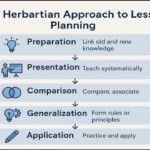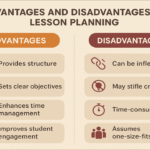How Librarians Can Assist in Enhancing Your Research Projects:
Undertaking a research project, whether in academia or a professional setting, can be a complex and demanding process. One of the initial challenges is defining your research topic and formulating the right research questions. However, help is at hand in the form of librarians, who play a crucial role in guiding researchers through various stages of their projects. In this article, we will explore how librarians can assist in enhancing your research projects, from defining your topic to effectively communicating your results.
1. Defining Your Topic: The first and fundamental step in any research project is to define your topic and formulate research questions. This can be particularly challenging, especially when you are unfamiliar with the existing literature and the scope of your field. Librarians are an invaluable resource in this regard. They can help you narrow down your topic, refine your questions, and identify key concepts and terms that will guide your search. Additionally, they can suggest relevant sources and databases that you might not have considered or accessed before.
2. Developing Your Strategy: Once your topic and research questions are in place, the next step is to develop a strategy for finding and collecting the information you need. This entails choosing the appropriate keywords, filters, operators, and criteria for your search. Librarians are skilled in assisting you to design and execute an effective and efficient search strategy that will yield relevant and reliable results. They can also provide guidance on how to use various tools and features of the databases and platforms you are using, such as citation managers, alerts, and export functions.
3. Evaluating Your Sources: Evaluating the sources you find and selecting the most suitable ones for your purpose is another critical step in your research project. This involves assessing the credibility, authority, accuracy, currency, and relevance of the sources, as well as considering potential biases, limitations, and ethical implications. Librarians can help you develop and apply the necessary criteria and skills to evaluate your sources critically and objectively. They can also guide you in avoiding plagiarism and copyright infringement by advising you on the proper use and citation of sources.
4. Organizing Your Information: Once you have gathered your sources, the challenge becomes organizing them in a way that will facilitate the analysis, synthesis, and presentation of your findings. This requires sorting, categorizing, labeling, and annotating your sources, as well as creating outlines, tables, charts, graphs, and other visual aids to display your data. Librarians can assist in various ways, utilizing spreadsheets, databases, software, and online platforms to help you organize your information effectively. They can also provide guidance on managing references and citations using different styles and formats.
5. Communicating Your Results: The final step in any research project is communicating your results to your intended audience, whether it is your instructor, peers, employer, or the public. This involves writing, editing, formatting, and publishing your research paper, report, poster, presentation, or other product. Librarians can provide valuable assistance in this area by offering feedback, guidance, and resources on various aspects of academic writing and publishing. They can help with grammar, style, structure, clarity, coherence, and consistency to ensure your results are effectively and professionally communicated.
6. Collaboration with Librarians: It is important to note that librarians are not just helpers; they are also collaborative partners in your research process. They can work with you throughout your project, offering ongoing support, advice, and consultation. Librarians can also connect you with other researchers, experts, and resources that can enrich your research experience and outcomes. To collaborate with librarians, you can contact them via email, phone, chat, or in person, or schedule an appointment or consultation with them.
In conclusion, librarians are indispensable allies for researchers, offering guidance and support at every stage of a research project. From defining your topic to communicating your results, their expertise and resources can significantly enhance the quality and efficiency of your research endeavors. Don’t hesitate to reach out to your friendly neighborhood librarian when embarking on your next research project; their wealth of knowledge and assistance can make a world of difference in your academic or professional journey.

Assistant Teacher at Zinzira Pir Mohammad Pilot School and College

